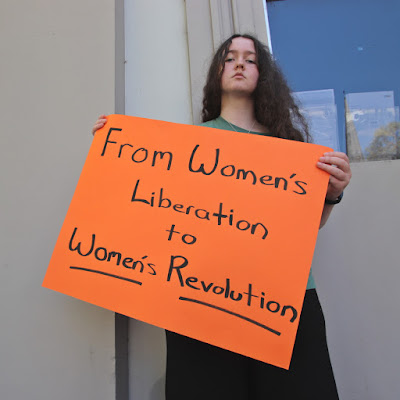From Human to Machine; Manufactured Drudgery, No. 67
Did humanity fare well as large
nations developed? Prosperity in flourishing cities does have a downside. Wants
and needs lead to large-scale production and that leads to poverty and drudgery
for at least a quarter of the population. The desire for more turned humans
into machines; a mind numbing experience of toil for very little in return! The
twenties century bought an influx of manufacturing to the world. The human
spirit and any creativity lost to repetitive task.
The industrial revolution ushered in
a new era of slaves. The cost of new products and inventions bought long hours,
poor health, workplace accidents, physical exhaustion, and early deaths. The
industry took the young and accelerated aging. Mental health was at an all-time
low because people are not machines; they are equipped for variation, not
production lines. Parents wanted a better future for their children, as daily
struggles to feed families were difficult. Who is to blame; the business people
who owned the factories to create wealth, the people who could afford to buy
more, the inventors who thought to make life easier with their inventions,
increased size in population, a change in technology or a combination of all?
Contemporary living is rapidly
shifting to automation, a machine age where humans are left to do the things a
machine cannot do or understand. Though factory labour is lessening in some
countries businesses in wealthier countries have imbedded this system in poorer
nations. This creates another cycle of hard labour for communities with maximum
benefits to shareholders. Empathy and understanding grows, but can that compete
with a system that prizes a self-centred rhetoric? While business schools
favour a fight to the top mentality and people are collateral damage,
production lines will continue.
Change does arrive, but if the system
is broken, mending it belongs to all of us. Spending wisely with thought being
given to the manufacturing process is vital. This is something we can all do.
We can care for others and not have them shackled to a production line without
proper rights! Can we move to job creation that is human friendly? Can we get
to a place where we value people for their unique skills and creativity and pay
them accordingly? Some have broken old confines, but it will take awareness for
world populations to catch up.
Sharon D Bush
Writer
Historian Artisan Sage



Comments
Post a Comment